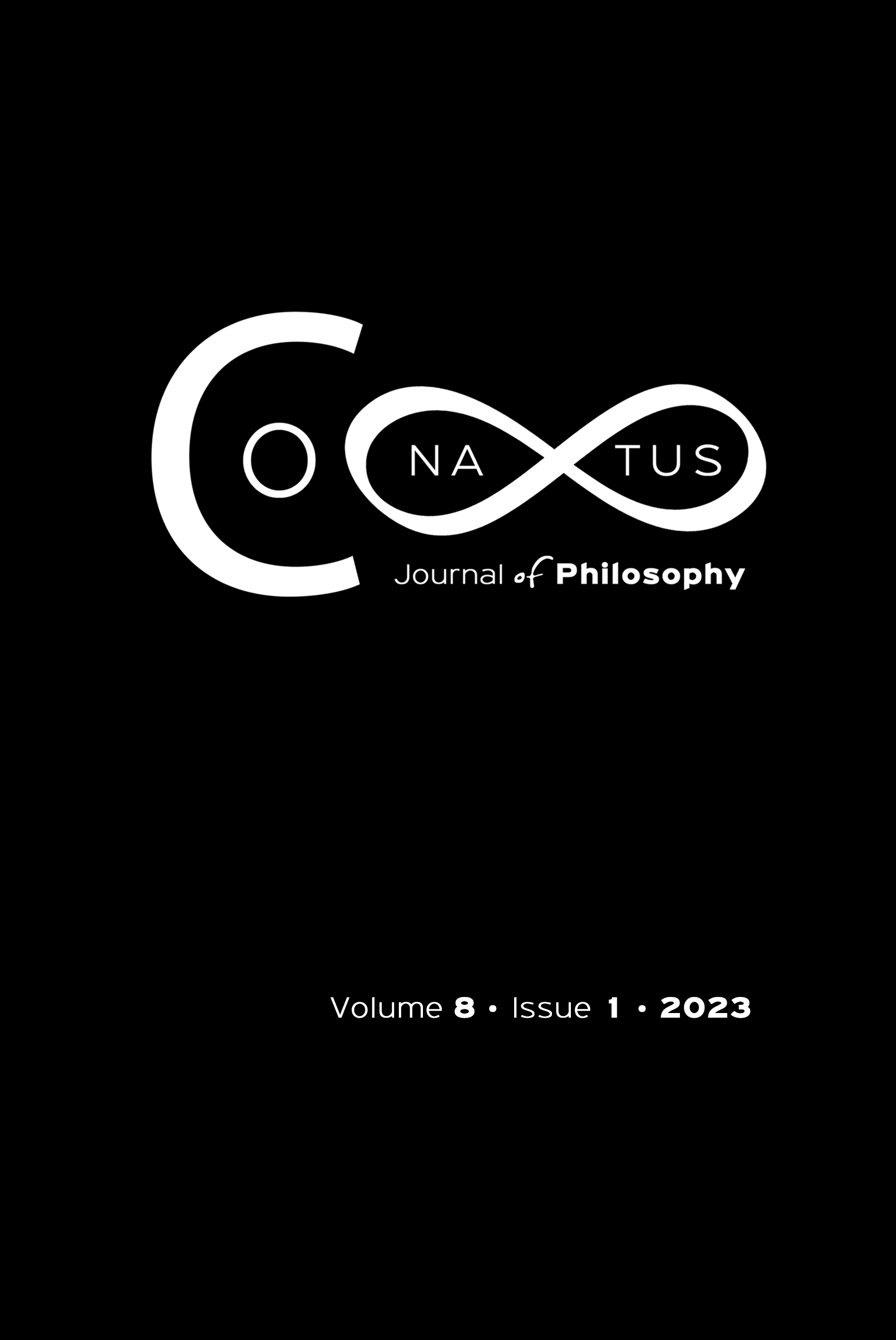Between and Betwixt the Other Theatre and the Theatre of the Other: Performativity as (Re)presenting, Show and Self-Awareness in the Myth of Barba

Abstract
This article deals with the legendary figure of Eugenio Barba as a paradigmatic case to demonstrate the difference between the other theatre and the theatre of the other. Its main objective is to discuss the juxtaposition of performativity as (re)presenting, showing, and self-awareness by narrating the myth of Barba. The argument is presented through six interconnected caveats: the legend and its myth; The Moon rises from the Ganges: the story inside the myth; the critique of western civilization: an insider's story of self-reflexivity; the other theatre is not the theatre of the other; the life-world of the myth of Barba; and finally, performing otherness, othering performance. The article is addressed mainly but not exclusively to readers with a background in cultural anthropology, performance studies, theater studies, hermeneutics, phenomenology, history of civilization, literary theory, colonialism, and representation of the other.
Article Details
- How to Cite
-
Kavouras, P. (2023). Between and Betwixt the Other Theatre and the Theatre of the Other:: Performativity as (Re)presenting, Show and Self-Awareness in the Myth of Barba. Conatus - Journal of Philosophy, 8(1), 201–232. https://doi.org/10.12681/cjp.32387
- Section
- Articles

This work is licensed under a Creative Commons Attribution-NonCommercial 4.0 International License.
Authors who publish with this journal agree to the following terms:
Authors retain copyright and grant the journal right of first publication with the work simultaneously licensed under a Creative Commons Attribution Non-Commercial International License (CC BY-NC 4.0) that allows others to share the work with an acknowledgement of the work's authorship and initial publication in this journal.
Authors are able to enter into separate, additional contractual arrangements for the non-exclusive distribution of the journal's published version of the work (e.g. post it to an institutional repository or publish it in a book), with an acknowledgement of its initial publication in this journal.
Authors are permitted and encouraged to post their work online (preferably in institutional repositories or on their website) prior to and during the submission process, as it can lead to productive exchanges, as well as earlier and greater citation of published work.





